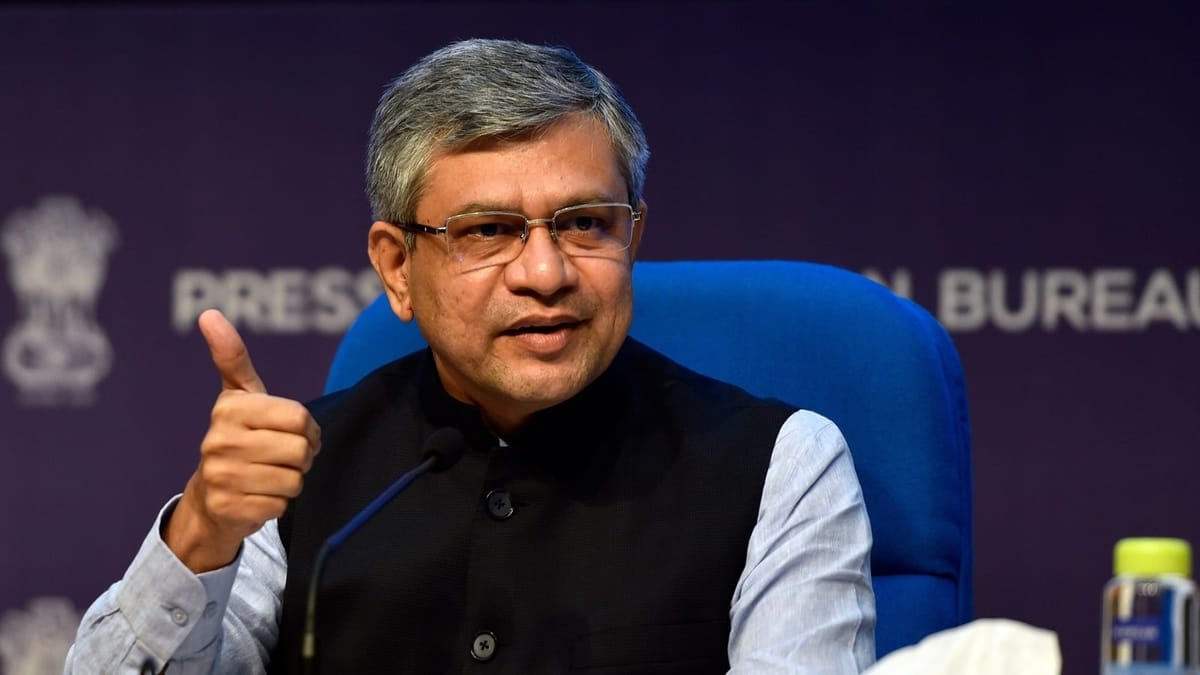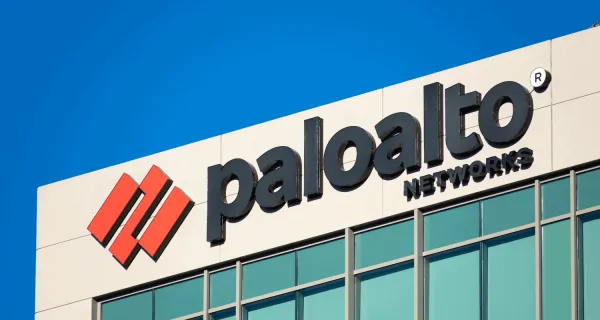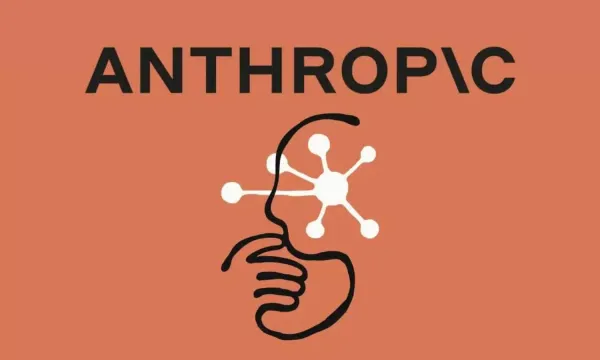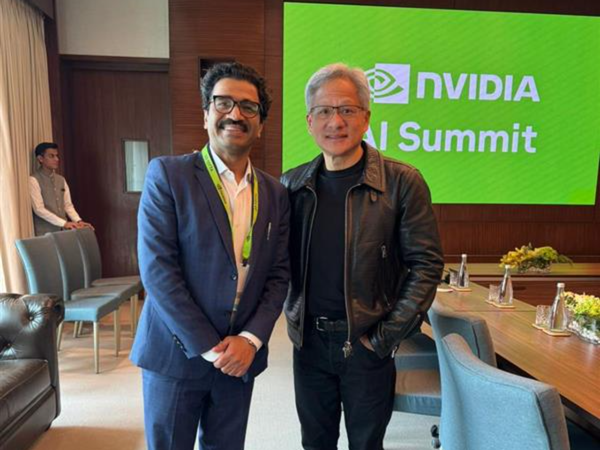Govt Acquires Stake in Sarvam AI Amid AI Development Push
Most likely the Digital India Corporation (DIC), will take equity in return at Sarvam AI

On Saturday, the government announced that Sarvam AI has been selected to build India’s first homegrown AI foundational model. Speaking at the launch of the guidelines for the ECMS scheme, IT Minister Ashwini Vaishnaw said that Sarvam AI was the first startup chosen from among 67 proposals submitted.
Sarvam is expected to receive support equivalent to ₹220 crore, primarily in the form of free access to around 4,000 Nvidia H100 chips for six months—essential hardware for training advanced AI models.
However, this is not a grant. A government body, most likely the Digital India Corporation (DIC), will take an equity stake in Sarvam AI in return.
"A govt body will take equity in Sarvam for the compute we receive," Sarvam AI co-founder Pratyush Kumar said.

Digital India Corporation (DIC) is a not-for-profit organisation under the Ministry of Electronics and Information Technology (MeitY), established under Section 8 of the Companies Act, 2013.
Originally known as Media Lab Asia, it was renamed in 2017 to better align with the objectives of the government’s Digital India programme.
DIC plays a strategic role in facilitating e-governance projects, public-private partnerships, and capacity building across central and state ministries. Key initiatives include DigiLocker, with over 7.7 billion documents issued, and the Visvesvaraya PhD Scheme, supporting over 726 completed doctorates.
Last year, it was revealed in a proposal that the government might take an equity stake in projects to build large language models (LLMs) under the Rs 10,000 crore IndiaAI Mission.
"IndiaAI may infuse further funding into the entity by taking equity through mechanisms that will be finalised through mutual consent and agreement," the proposal said.
The move sparked concerns among experts, who questioned whether it was appropriate for the government to play venture capitalist, especially given its track record of struggling to manage government-owned businesses.




